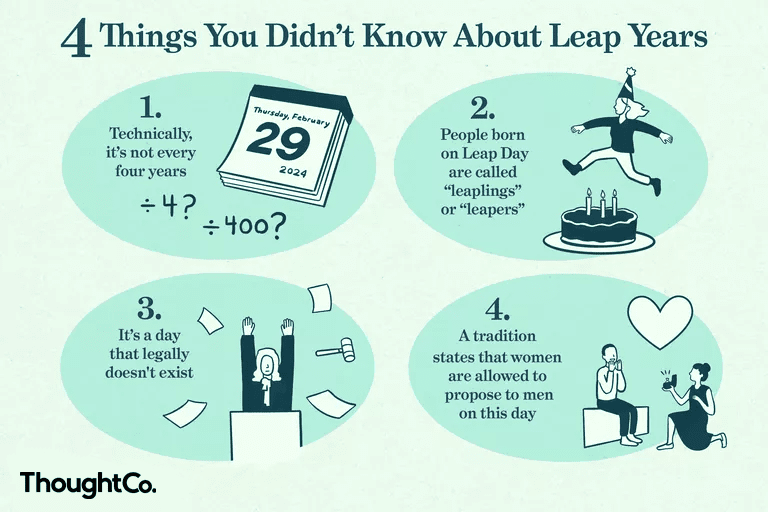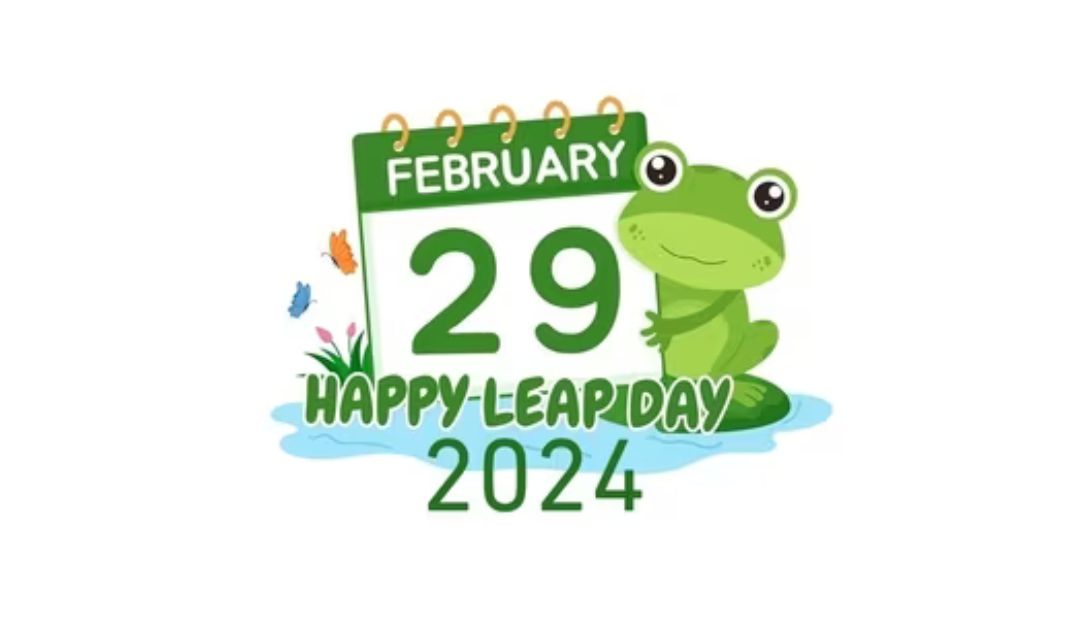February 29, also known as “Leap Day”, is an extra day added to the Julian and Gregorian calendars every four years.
The necessity for leap years arises from the fact that Earth’s orbit around the Sun takes approximately 365.2425 days. To accommodate this slight discrepancy, we add an extra day every four years to keep our calendar aligned with the astronomical year.
Traditions have hatched around the world since the day was first introduced by Julius Caesar over 2000 years ago. Here are a few from Asia and Europe:
Taiwan
In Taiwan, it is believed that elderly parents are more prone to passing away every four years. So for their long life, married daughters are expected to come back home during leap years with pig trotter noodles for their parents as the noodle dish is believed to convey wishes of good health and fortune for the ageing parents. This soup is served to the parents throughout the month.
China
China uses a lunar-solar calendar that takes into account both lunar phases and the earth circumvolutions around the sun. In their calendar, a full leap month is introduced every third year, making one year every three 13 months long. Leap years are considered good luck in China and a prosperous time to get married.
India
India observes leap years, but it looks at them in contradictory terms. The older generations tend to look at them positively, but many young parents consider leap years and specifically leap days bearers of bad luck. On leap days, only natural births occur and any procedure aimed at inducing or facilitate birth happens in the days before or after the 29th of February.
Ireland
In Ireland, February 29 is known as Bachelor’s Day or Ladies Privilege, when, tradition has it, women can propose to men rather than waiting to be wooed. While some claim only a “Yes” answer is allowed, others say the man can decline, but must buy his admirer a gift.
Greece
In accordance with Greek customs, marrying during a leap day is considered unlucky and could lead to divorce.
Scotland
In Scotland, there exists a belief that people who are born on a Leap Day will experience a life filled with hardships. Some consider leap years as bad for farmers.
France
In France, a special newspaper, La Bougie du Sapeur (Sapper’s Candle), is published every four years on February 29. The tradition dates back to 1980.

Italy
In the Reggio Emilia province of Italy, leap years are known as “The Whale’s Year” because inhabitants of the regions have traditionally believed that whales only give birth during leap years.
Fun Fact #1: People born on February 29 are all invited to join The Honor Society of Leap Year Day Babies.

Fun Fact #2: According to the Guinness Book of Records, there are Leap Day World Record Holders both of a family producing three consecutive generations born on February 29 and of the number of children born on February 29 in the same family.

For all the latest news, follow us on Facebook or sign up for Glenside Local’s “Daily Buzz” newsletter here.

